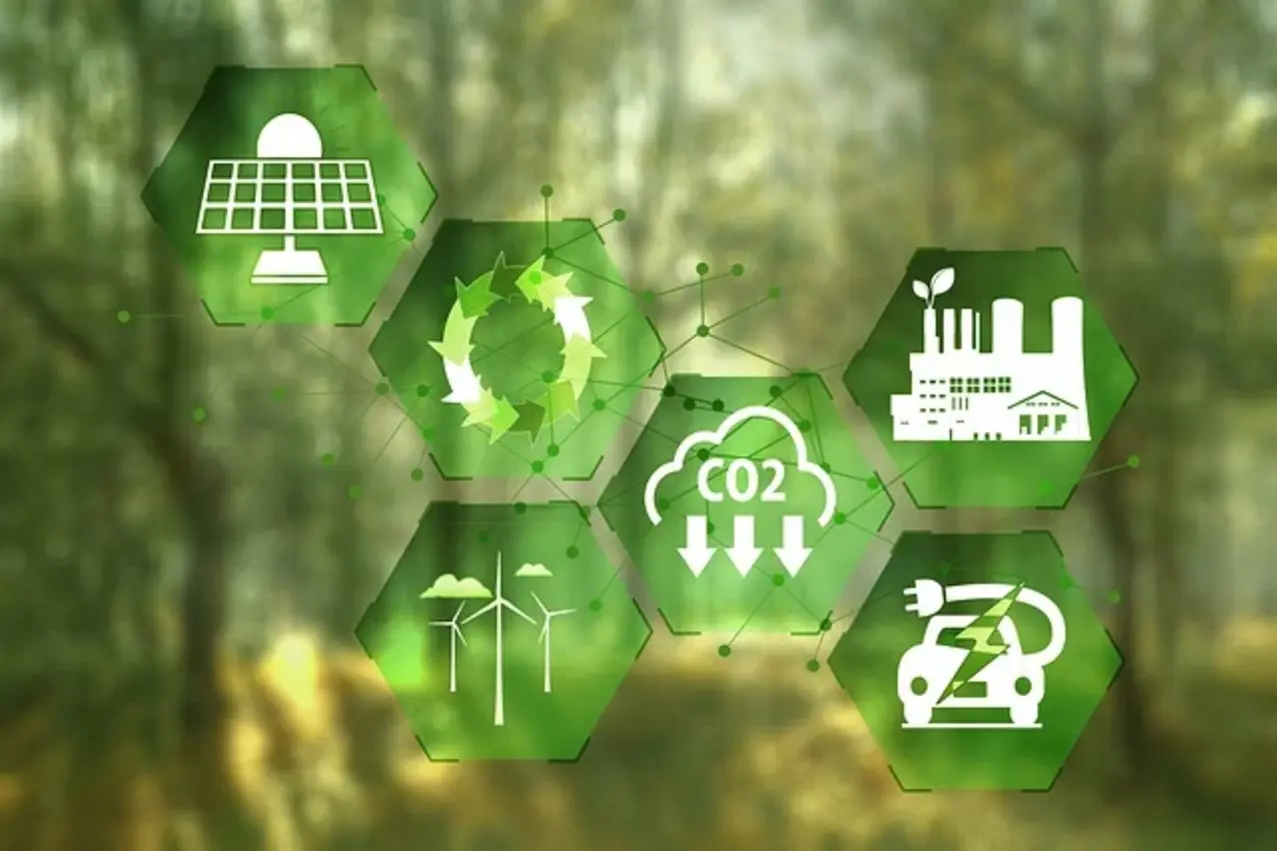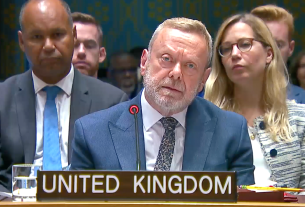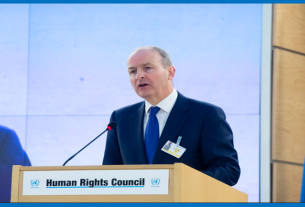COP29, held in Baku, Azerbaijan, concluded after intense negotiations, with significant climate finance and policy decisions on the table. While key agreements were reached, challenges remain—particularly in securing the funds and support needed for the world’s most vulnerable nations. Here’s a breakdown of the summit’s five critical takeaways and what they mean for the future of global climate action.
1. Climate Finance Commitment: $300 Billion by 2035
One of COP29’s most crucial outcomes was the pledge from developed nations to provide $300 billion annually by 2035 to support climate action in developing countries. This funding will primarily focus on adaptation efforts, such as building resilient infrastructure and transitioning to renewable energy. The commitment also includes financing for scaling up clean energy technologies.
However, many developing countries, including India and Nigeria, expressed disappointment that the amount fell short of the $1.3 trillion they believe is necessary to meet climate goals. The deal’s success hinges on the reliable disbursement of these funds from both public and private sectors. Without clear mechanisms in place, critics worry that this pledge could fall short in practice.
UN Climate Change Executive Secretary Simon Stiell defended the agreement, calling it “an insurance policy for humanity” but emphasized that the real challenge lies in ensuring the funds are effectively mobilized and deployed.
2. Carbon Markets Finally Take Shape
COP29 marked a breakthrough in carbon markets, with final rules established under Article 6 of the Paris Agreement. This agreement creates two mechanisms:
- Article 6.2: Allows bilateral trading of carbon credits between countries.
- Article 6.4: Establishes a global crediting system to generate and trade credits from emission-reduction projects, such as reforestation and renewable energy initiatives.
These markets are expected to unlock billions of dollars in investments for climate projects, helping countries meet their emissions reduction goals. However, concerns persist regarding transparency and oversight, with critics warning that poorly regulated carbon credits could undermine the system’s integrity.
Jonathan Crook of Carbon Market Watch cautioned that carbon credits could be traded with minimal oversight, allowing low-quality credits to flood the market. Successful implementation of these rules will depend on strong monitoring and enforcement mechanisms.
3. NDCs: A Critical Deadline in 2025
A key milestone in the lead-up to COP30 is the submission of updated Nationally Determined Contributions (NDCs) by February 2025. These national climate plans will outline each country’s strategy for reducing emissions and adapting to climate impacts.
The success of global climate goals depends on whether countries meet the ambitions set in their NDCs. At COP29, nations like the UK, Brazil, and the UAE were praised for their ambitious plans to phase out fossil fuels and scale up renewable energy. However, for developing countries, these goals will require the full realization of the promised climate finance.
UN Secretary-General António Guterres emphasized that the updated NDCs must “accelerate the shift” away from fossil fuels and ensure the transition is just. For many nations, the availability of financial support will determine whether these targets can be met.
4. Azerbaijan’s Role and the Geopolitical Context
Azerbaijan, as the host country, highlighted the delicate balance it faces between its status as a major oil and gas exporter and its climate commitments. The country is working to diversify its energy sector and has pledged to reduce greenhouse gas emissions by 35% by 2030 compared to 1990 levels. Hosting COP29 provided Azerbaijan with a platform to showcase its renewable energy projects, including wind and solar initiatives.
The presence of fossil-fuel-dependent nations like Azerbaijan at the summit underscores the importance of engaging all countries—especially those with significant emissions in the energy sector—in the global climate conversation. Azerbaijan’s unique position offers valuable insights into the challenges of transitioning away from fossil fuels while maintaining economic growth.
5. Looking Ahead to COP30 in Brazil
COP30, scheduled to take place in Brazil, is already being dubbed the “COP of COPs.” Brazil’s Environment Minister, Marina Silva, stressed the urgency of the summit, stating that “there is no more time to lose.” The event will likely focus on solidifying frameworks for emissions reductions and accelerating the shift to renewable energy.
However, Brazil’s continued expansion of fossil fuel production presents a potential conflict with its climate ambitions. Critics argue that aligning fossil fuel production with climate goals presents a significant challenge. The upcoming summit will test Brazil’s ability to reconcile these competing priorities.
Final Thoughts: The Road Ahead
COP29 highlighted both progress and significant hurdles in the global effort to combat climate change. While financial commitments, carbon market frameworks, and updated national climate plans are important steps forward, the true test will be ensuring that these agreements are fully implemented. With 2025 as a pivotal deadline for updated NDCs and continued calls for transparency and accountability, the coming years will be critical in determining whether global climate targets can be achieved.



